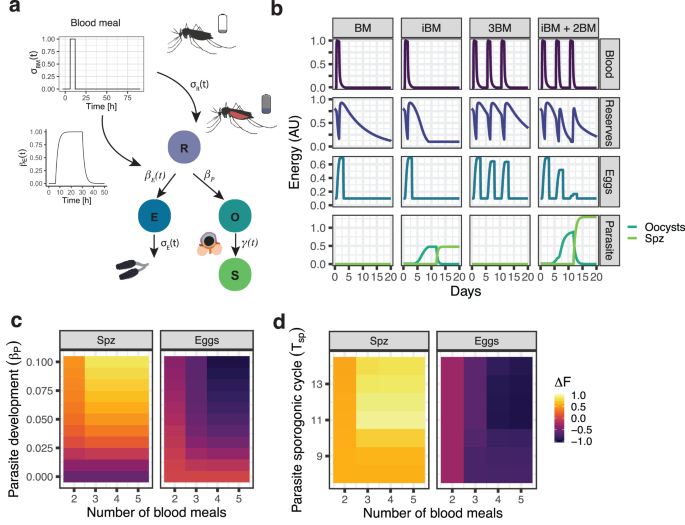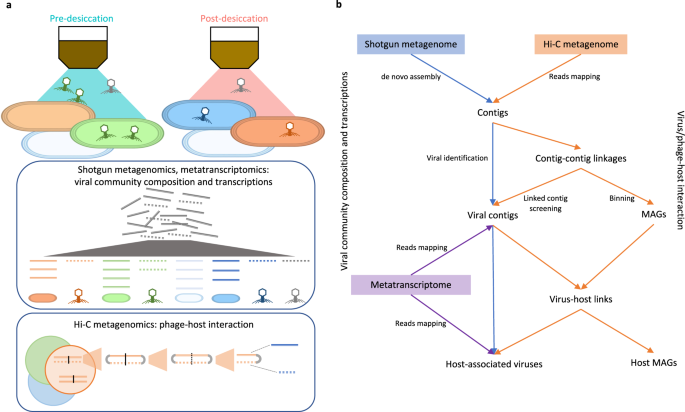2023-12-14 マックス・プランク研究所
◆通常、寄生虫は12日でヒトに感染するが、これは蚊の寿命が約2週間であるため直感に反する。新たな変数「代謝」を取り入れた数学モデルを用い、寄生虫が複数回の蚊による摂食で強化され、それによって長い発育期間が進化的に有利になることが示された。
◆モデルの最適化と進化実験により、12日の発育期間が進化的な最適解であることが確認され、蚊と寄生虫の相互作用を考慮した正確な伝播モデルの重要性が示された。
<関連情報>
- https://www.mpg.de/21312420/malaria-development?c=2249
- https://www.nature.com/articles/s41467-023-43810-1
蚊の代謝が原虫の生活史戦略を形成することを進化モデリングが示す Evolutionary modelling indicates that mosquito metabolism shapes the life-history strategies of Plasmodium parasites
Paola Carrillo-Bustamante,Giulia Costa,Lena Lampe & Elena A. Levashina
Nature Communications Published:14 December 2023
DOI:https://doi.org/10.1038/s41467-023-43810-1

Abstract
Within-host survival and between-host transmission are key life-history traits of single-celled malaria parasites. Understanding the evolutionary forces that shape these traits is crucial to predict malaria epidemiology, drug resistance, and virulence. However, very little is known about how Plasmodium parasites adapt to their mosquito vectors. Here, we examine the evolution of the time Plasmodium parasites require to develop within the vector (extrinsic incubation period) with an individual-based model of malaria transmission that includes mosquito metabolism. Specifically, we model the metabolic cascade of resource allocation induced by blood-feeding, as well as the influence of multiple blood meals on parasite development. Our model predicts that successful vector-to-human transmission events are rare, and are caused by long-lived mosquitoes. Importantly, our results show that the life-history strategies of malaria parasites depend on the mosquito’s metabolic status. In our model, additional resources provided by multiple blood meals lead to selection for parasites with slow or intermediate developmental time. These results challenge the current assumption that evolution favors fast developing parasites to maximize their chances to complete their within-mosquito life cycle. We propose that the long sporogonic cycle observed for Plasmodium is not a constraint but rather an adaptation to increase transmission potential.

